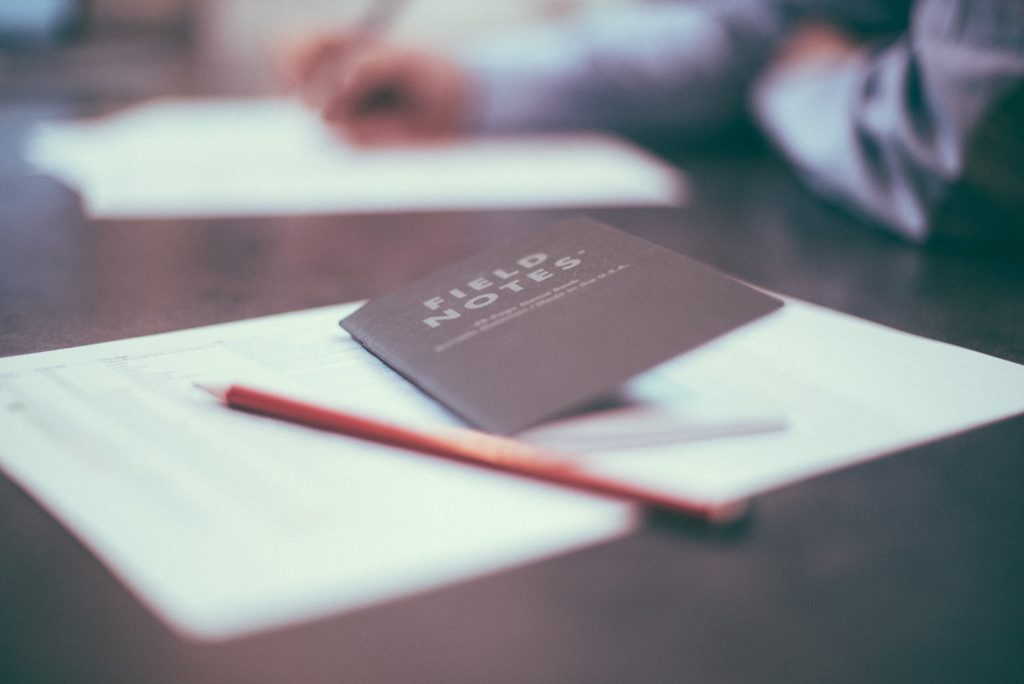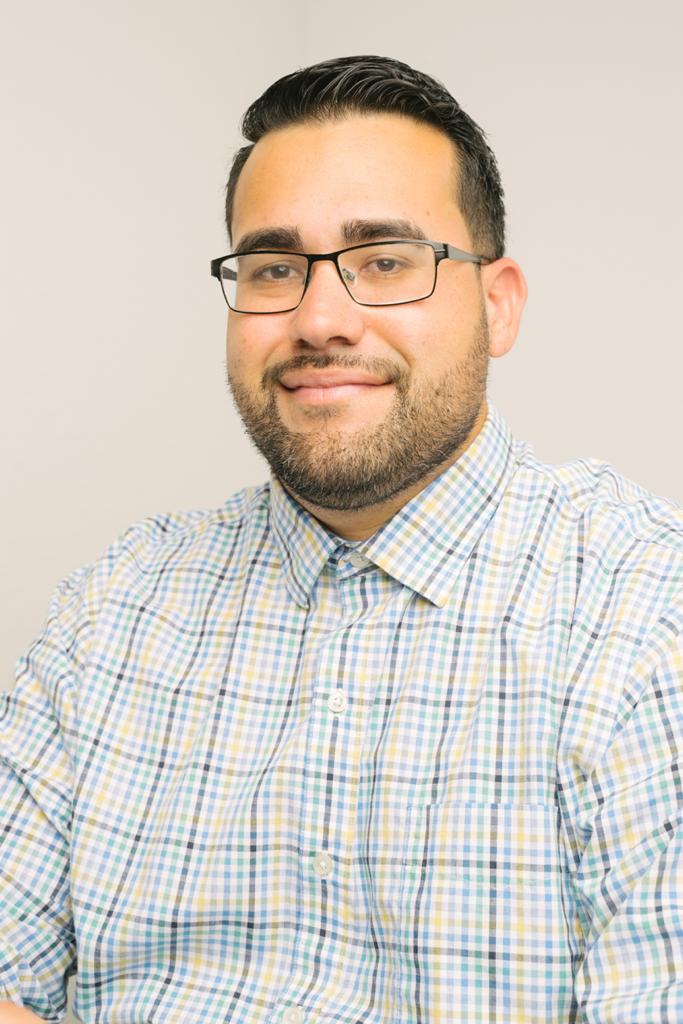What is the ASVAB Test?
ASVAB stands for the Armed Services Vocational Aptitude Battery.
It’s a multiple-choice test that helps clarify the best role for you in a military position.
Each section (details below) has between 10-45 questions and are timed. From start to finish, the test will take about 3 hours.
Sections of the test
There are multiple sections to the test, here they are listed:
- General Science (GS)
- Arithmetic Reasoning (AR)
- Word Knowledge (WK)
- Paragraph Comprehension (PC)
- Mathematics Knowledge (MK)
- Electronics Information (EI)
- Auto & Shop Information (AS)
- Mechanical Comprehension (MC)
- Assembling Objects (AO)
- Verbal Expression (VE)
- Coding Speed (CS) (Navy only)
RELATED: The sections of the ASVAB test [and descriptions of each]
Qualifying for military positions
Listed below are the different areas of the military you can serve in:
- Armed Forces Qualification Test (AFQT)
- Clerical (CL)
- Combat (CO)
- Electronics (EL)
- Field Artillery (FA)
- General Maintenance (GM)
- General Technical (GT)
- Mechanical Maintenance (MM)
- Operators and Food (OF)
- Surveillance and Communications (SC)
- Skilled Technical (ST)

Each one of these categories requires high scores in the test sections listed above.
As an example, for the AFQT section, the test taker must do well in Paragraph Comprehension, Word Knowledge, Mathematics Knowledge, and Arithmetic Reasoning.
Or, in the Operations and Food, you must do well in Word Knowledge, Paragraph Comprehension, Auto & Shop, and Mechanical Comprehension.
Scoring for the test
To enlist, the minimum scores for each branch is below:
- Air Force: 31 (50 if you have a high school equivalency certificate)
- Army: 31 (50 if you have a high school equivalency certificate)
- Marine Corps: 35 (50 if you have a high school equivalency certificate)
- Navy: 35 (50 if you have a high school equivalency certificate)
- Coast Guard: 40 (50 if you have a high school equivalency certificate)
A high score on this test will allow you to pursue academic positions — and in some cases, higher ranking — in the military.
A low score is not doom for your military career. It means you may have to start at a lower rank and/or work a little harder from the beginning to get where you want to go.
Kinds of questions on the test
There are various questions on the testing including science, math, vocabulary, reading comprehension, and mechanics. There will be word problems and multiple sections to read.
Beyond vocabulary, there are mechanic, electrical, and automotive sections as well. These sections are designed to clarify your all-around aptitude in these areas.
How to prepare for the test
The best way to prepare for the test is to study and take multiple practice tests. ASVAB IQ+ LCC has been helping students succeed at the ASVAB test for years.
We offer live in-person sessions and online courses to help you achieve the best score possible. Learn more about these classes and contact us today to get started.
Where to take the test
The test can be taken online or in person. Here are the two types of tests:
1. Computerized test format
This option has fewer questions and will be monitored by a facilitator, usually a military recruiter. The test-taker will take the test on a computer. Since this is electronic and usually done by one person at a time, it’s self-paced and can be done quicker than a written test format.
2. Written test format
The written format has more questions than the computerized option. You may take this test at military recruiting stations, military entrance processing stations, and high schools. This test is usually taken in a group.
The ASVAB is similar to the SAT or ACT
The ASVAB test is similar to the SAT or ACT, but harder. This test, more than the SAT and ACT, is designed to show the whole skillset of a person. Reading, math, and science are part of the test, but other things like electronic, automotive, and mechanical questions are included as well.
Helping others succeed
Fernando passed the ASVAB 99 AFQT twice with the highest possible score. And after being disqualified for military service because of a vision disease, he committed his time to help students study get a high score on the ASVAB test.

